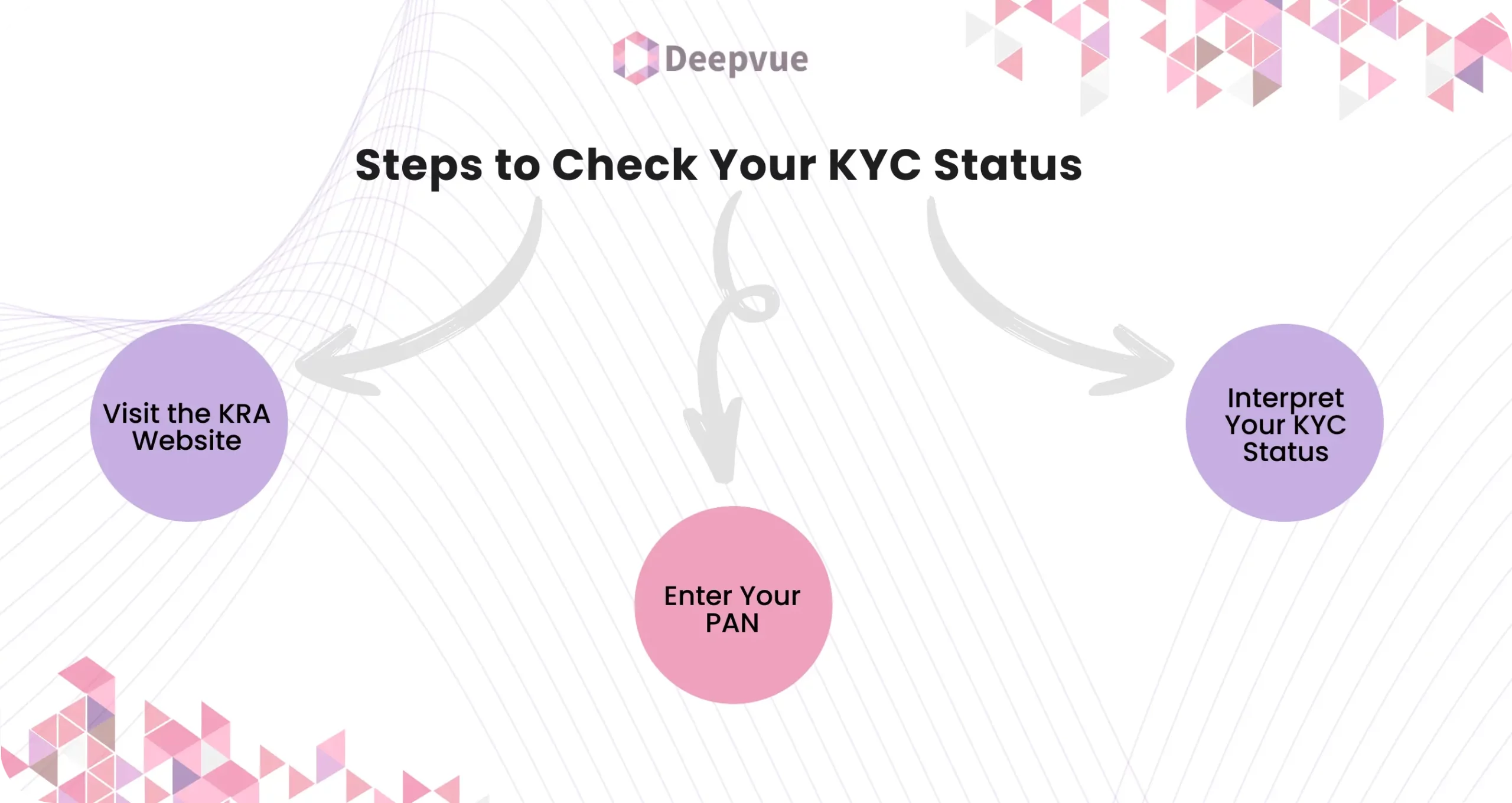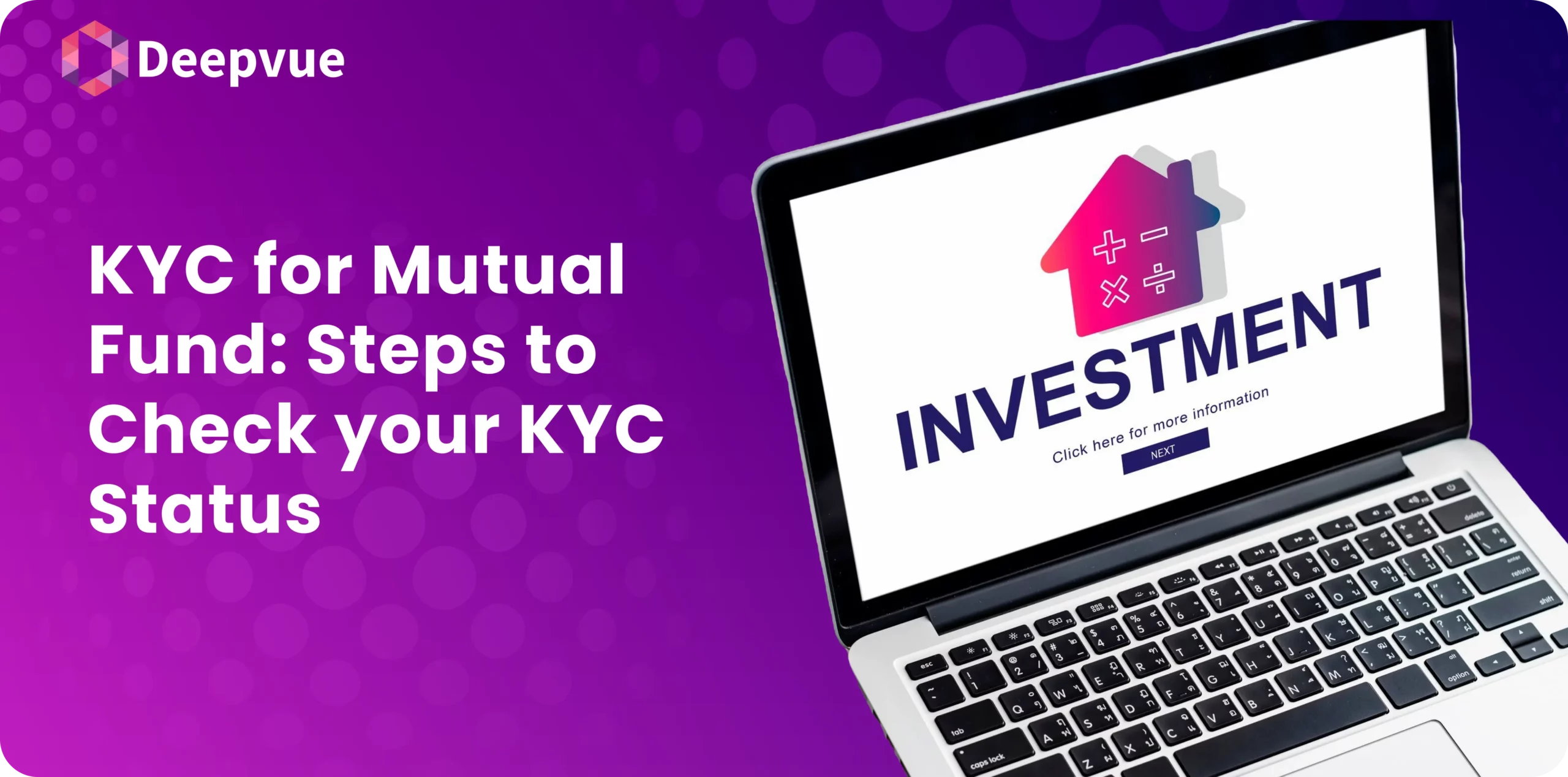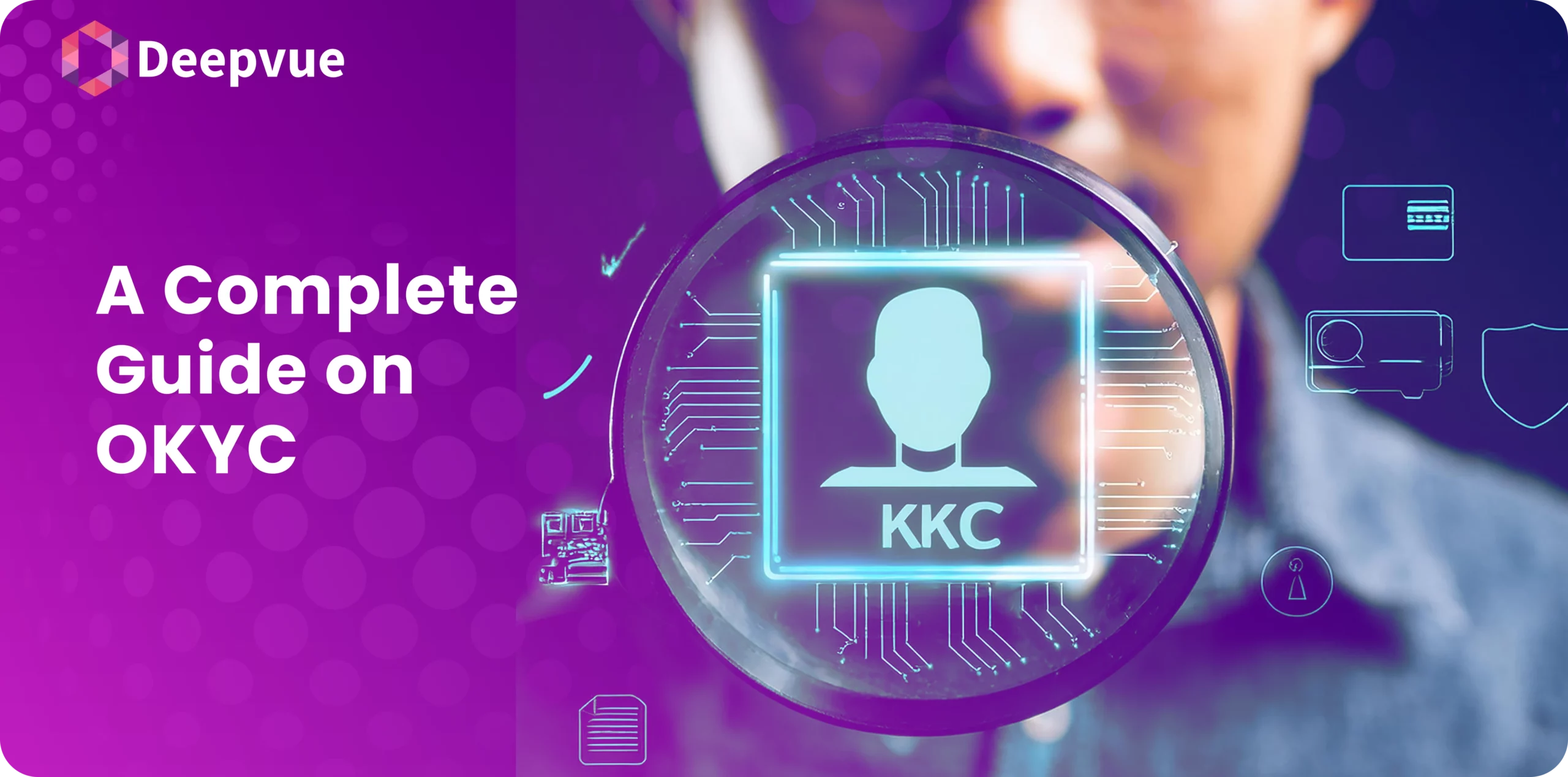Mutual funds investment is one of the most popular ways to accumulate wealth in India. Nevertheless, you have to go through a mandatory process called the Know Your Customer (KYC) before you start investing. This ensures that financial institutions have confirmed your identity and address.
For both residents and non-resident Indians (NRIs), following KYC procedures is essential for smooth investments and redemptions. Here is a quick guide to help you check whether your KYC is done or you need to take some action.
Understanding KYC for Mutual Funds
KYC or Know Your Customer is a one time compulsory procedure for mutual fund investors that complies with the rules set by Securities and Exchange Board of India (SEBI). The process involves verification of investor’s identity, address and other details so as to avoid fraudulent activities. Once completed, your KYC status will be registered with the KRA, which stands for KYC Registration Agencies.
Steps to Check Your KYC Status

Step 1: Visit the KRA Website
To check your KYC status visit any of these KRAs like CVL KRA, NDML KRA, CAMS KRA or Karvy KRA websites. For our example we will use the CVL KRA website.
- Go to the CVL KRA website.
- Go to ‘KYC Inquiry’ tab
Step 2: Enter Your PAN
Once you are on the KYC Inquiry page, you will need to enter your Permanent Account Number (PAN) and submit the form. Your KYC status will be displayed on the screen.
Step 3: Interpret Your KYC Status
Your KYC status can fall into any of these categories:
- On Hold: This means that there are some missing details or incorrect information in your KYCs.
- Registered: Your KYC has been completed but it may also require updates for investing in new fund houses.
- Validated: Your KYC is fully compliant, and you are free to make any investment transactions.
- Rejected: This means KYC application could not be accepted due to errors or missing documentation.
What to Do If Your KYC Status Is ‘On Hold’ or ‘Rejected’
If your KYC status is ‘On Hold’ or ‘Rejected’, you will need to take corrective actions. Common reasons for these statuses include non-validated contact details, non-officially valid documents, or Aadhaar and PAN not being linked.
In case the KYC status is “on hold” or “rejected,” you should take some corrective measures. The most common reasons for these statuses are: non-validated contact details, documents that are not officially valid and Aadhaar with PAN not linked.
Online Method
Before we proceed, make sure your mobile number is linked to aadhar as an OTP will be sent on this number.
- Visit the CVL Contact Verification Page: CVL KRA Verification
- Enter PAN and Validate Contact Details: Enter your PAN and validate your email or phone number via OTP.
- Proceed with Aadhaar Validation: Choose an Aadhaar validation option (e.g., eAadhaar PDF). Download the masked eAadhaar from the UIDAI website.
- Upload Masked Aadhaar: Follow the instructions to upload your masked Aadhaar and complete the process.
- Check Updates: Monitor the status for updates after a few hours.
Offline Method
If online methods are not feasible, you can complete your KYC through the offline method by submitting physical documents to any mutual fund house or service provider.
- Fill Out the KYC Form: Obtain and fill out the KYC form.
- Submit Documents: Submit the form along with a self-attested copy of your Aadhaar card to the mutual fund house or intermediary.
What to Do If Your KYC Status Is ‘Registered’
A ‘Registered’ status indicates that your KYC is partially complete. While you can invest and redeem from your current fund houses, you may face restrictions with new investments.
Update Your KYC
- Visit the KYC Modification Page: Navigate to the KRA’s KYC modification page.
- Enter PAN and Signature: Keep your PAN and signature handy for the process.
- Follow Instructions: Complete the online steps to update your KYC details.
What to Do If Your KYC Status Is ‘Validated’
If your KYC status is ‘Validated’, you are fully compliant and can proceed with any mutual fund investments without any additional steps.
Special Considerations for NRIs
Non-Resident Indians (NRIs) also need to complete the KYC process. If you don’t have an Aadhaar card, you can use other officially valid documents such as a passport, PIO card, or OCI card along with proof of an overseas address.
- Submit Valid Documents: Ensure your documents are translated into English if necessary.
- Validate Contact Details: Validate your email, as phone number validation may not be applicable.
- Update PAN Status: Ensure your PAN reflects your NRI status to avoid issues.
Conclusion
- Stay Updated: KYC regulations are continually evolving. Stay in touch with your financial advisor or mutual fund distributor for the latest updates.
- Consult Experts: If you encounter issues, don’t hesitate to consult with professionals to get your KYC validated correctly.
Completing and verifying your KYC status is crucial for smooth and hassle-free mutual fund investments. By following these steps, you can ensure that your KYC is up-to-date, allowing you to focus on growing your investments with peace of mind.
About Deepvue.tech
Deepvue.tech provides API infrastructure for financial integrations and insights, helping businesses streamline their operations and enhance their financial services. By leveraging cutting-edge technology and deep learning, Deepvue.tech offers robust solutions for KYC, fraud detection, and financial data analysis. For more information, visit Deepvue.tech.
FAQs
What is the KYC process for mutual funds?
The KYC process for mutual funds involves verifying the investor’s identity and address using documents like PAN and Aadhaar. This process is mandatory for all mutual fund investors to prevent fraud.
How can I check my KYC status online?
You can check your KYC status online by visiting the website of any KYC Registration Agency (KRA), such as CVL KRA, entering your PAN, and submitting the form to view your status.
What should I do if my KYC status is ‘On Hold’?
If your KYC status is ‘On Hold’, you need to validate your contact details, upload correct documents, or link your Aadhaar and PAN. You can do this online or through offline submission to a mutual fund house.
Can NRIs complete the KYC process online?
Yes, NRIs can complete the KYC process online by submitting valid documents like a passport, PIO card, or OCI card along with proof of overseas address. They must also ensure their PAN reflects their NRI status.
Is it necessary to update my KYC if it is already registered?
Yes, it is advisable to update your KYC if it is only registered. Updating your KYC ensures that you can invest in new fund houses without any restrictions.








